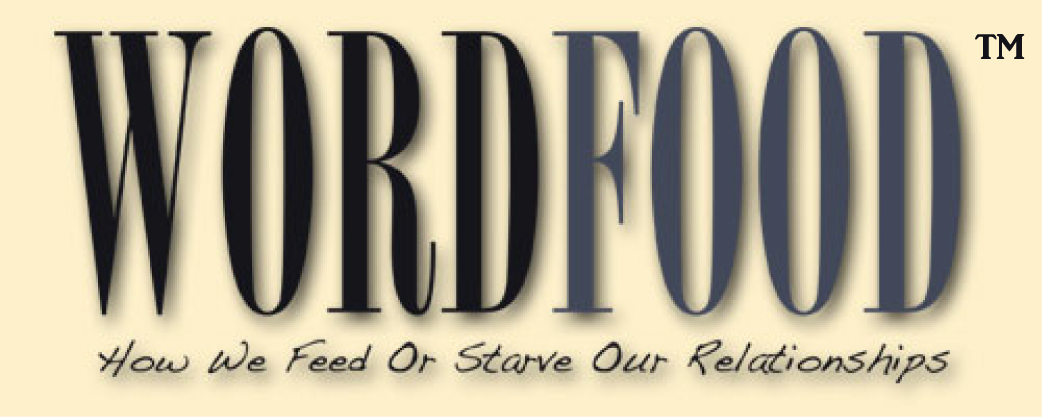Over the last several weeks I’ve had the opportunity to interact on multiple occasions with Verizon and an organization that shall stay unnamed but that you can say they have a lady sports car driver to promote it. I have a lot of products with them and I depend on them for my business. Motorola uploaded a piece of software euphemistically called “ice cream sundae” last week, and one of the results was I lost access to my email accounts. I spent two and a half hours on the phone with Verizon and part of that time was with this organization, whose customer service rep repeatedly said, “it’s not our problem.” Verizon couldn’t solve it, the other folks wouldn’t help, and I was left with a $500 phone that wasn’t working. I finally went to the Verizon store and was sent home with an app. The next day the app wouldn’t work and I spent another hour on the phone with this organization and they again said, “it’s not our problem.” I finally landed at the Verizon store again where Jeremiah, bless him, said he would fix it, and fix it he did. That earned him a heartfelt and detailed recommendation from me to his boss which got forwarded to his district manager.
This week something else went geeky with my email, and once again I lost six hours on the phone, calling repeatedly and getting different reps with this same company, all of whom said the same thing: “it’s not our problem.” By the end of the day I had called the Microsoft help line they gave me (six times, it hung up on me after eight rings), tore out and installed a new modem, set up a brand new computer which had the same issue, and finally landed at the Geek Squad. In ten seconds the guy at Geek Squad pointed at a spot on my computer and said- “there’s your problem.” I nearly kissed him, and I told his manager as much.
I had written an unhappy customer feedback form to this organization and one of their managers called me today. He was apologetic, and I explained that while the problem turned out to be something very simple that no one could have anticipated, it was the toxic WordFood that had been so frustrating. When you aren’t an expert and your technology simply defeats you, being told “it’s not our problem” repeatedly truly is toxic. So often it’s how things are handled, not that the problem can’t be solved. When we make the customer wrong, it can be costly, in the days of blogs and twitter.
Life happens. Technology is frustrating. Customers get defeated by their devices. And in a world where the Baby Boomers’ eyes are going to get dimmer and their hearing is going to get weaker, more and more phone calls like this are going to land in the laps of those giving guidance to those of us struggling to work with recalcitrant devices. It doesn’t help to make the customer wrong. When the Jeremiahs of the world will grab the device and work the problem until it’s fixed, he earns my loyalty to Verizon forever.
What WordFood are you serving your customer? Do you have Jeremiahs working for you?

